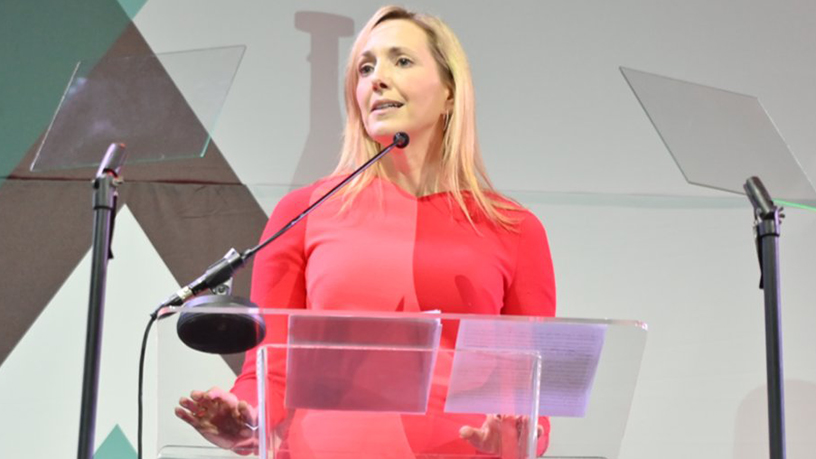Online Shopping Booms in South Africa Thanks to Covid-19
A new report from Mastercard Corporation shows that South Africans are spending 68% more online now than they were prior to the pandemic, showing that essential items have seen highest surge online with the majority (81%) of consumers saying they purchased data, and over half saying they bought clothing (56%) and groceries (54%) online since the pandemic started.

The research points that the times we are living in have also made consumers more generous with nearly a quarter (23%) saying they have donated more to charity than pre-lockdown. Consumers are supporting their favourite local small businesses, with 63% of respondents saying that they are making a conscious effort to shop online at these stores. With fewer opportunities to browse in the stores or on the high-street, social media has emerged as the main platform for finding the most attractive products and offers, with 64% and 41% of respondents saying they had discovered new sellers through Facebook and Instagram respectively.
Read also:Mastercard Partners Payment24 to Streamline Payment Solutions
Price is a key factor for South African shoppers, with 78% saying this is the most important consideration that guides their online purchasing decision. In fact, 75% of typical in-store bargain hunters spend hours searching different sites to find the best deals and nearly half (49%) of self-confessed window shoppers say they regularly create wish lists but don’t always buy. While adapting to the ‘next normal’, people have been changing the way they consume entertainment and learn new skills.
In fact, 68% of South African consumers said they used the time during the pandemic as a positive learning experience. Two thirds (76%) of respondents learnt to bank online, while more than a half learnt to cook through online tutorials (55%), manage their health and get their medicines online (52%) or trained themselves in Do-It-Yourself (51%). Around 39% of respondents enrolled in an online university or educational course, 29% learnt to dance and 28% learnt to do make-up.
Read also:Mastercard to empower fintechs across Africa and Middle East
“We have all been adjusting to a new way of living and are understandably shopping more online, though it’s not just for essentials like data, clothing and groceries but for virtual experiences ranging from films to cooking classes. What’s more, this trend appears to be here to stay as 71% of respondents say they will continue to shop online post-pandemic,” says Suzanne Morel, Country Manager at Mastercard South Africa.
Read also:How Technology could Enhance PPP Projects
“Now more than ever people need access to the digital economy and all of us at Mastercard are constantly working to make the online shopping experience more inclusive, simple, seamless and secure for everyone, whether you’re shopping for essentials or experiences.”
Kelechi Deca

Kelechi Deca has over two decades of media experience, he has traveled to over 77 countries reporting on multilateral development institutions, international business, trade, travels, culture, and diplomacy. He is also a petrol head with in-depth knowledge of automobiles and the auto industry



